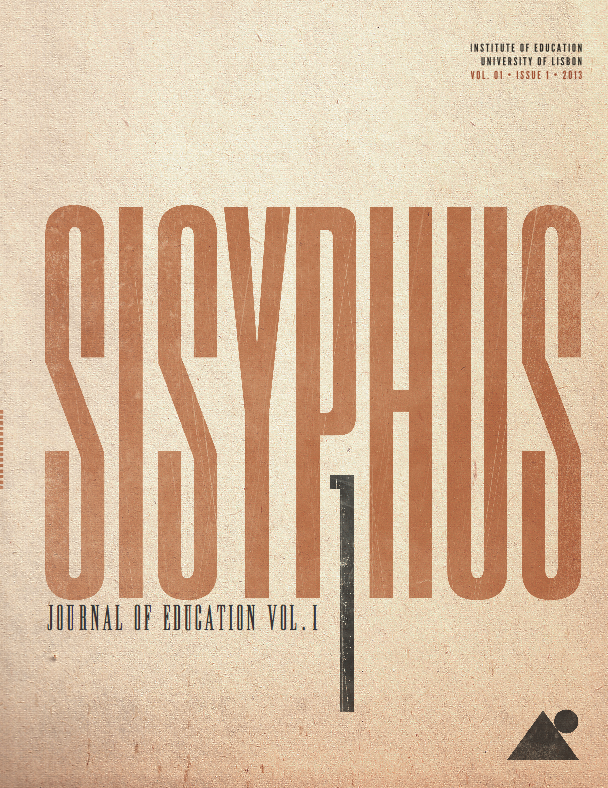Governing Education, Governing Europe? Strengths and Weaknesses of the Lisbon Model
DOI:
https://doi.org/10.25749/sis.2830Keywords:
EU, Higher education, Lisbon agenda, Open Method of Coordination, Policy processAbstract
The weaknesses of the Lisbon model of governance, as exemplified by the intergovernmental open method of coordination, has been widely aired in the literature. This paper suggests in contrast that there are strengths in this form of policymaking for strategic ends, and when applied to nationally sensitive policy domains. An examination of OMC-education throughout the Lisbon decade shows the evolution of policy-making through Lisbon 1, Lisbon 2 and Europe 2020, finding that the ‘governance architecture’ has been stabilised and the policy domain of education enriched by a balance between social dimension and competitiveness. The paper suggests however by way of conclusion that the outlook for the Lisbon model is now suspended on the outcome of the institutional upheaval being played out in the EU as a consequence of the economic crisis, and which demands democratic solutions.
Downloads
Downloads
Issue
Section
License
Copyright (c) belongs to Sisyphus - Journal of Education. However, we encourage issued articles to be published elsewhere, provided that Sisyphus authorization is asked for and that authors integrate our original source citation and a link to our website.
Author Self-Archiving Policy
Author(s) are permitted to self-archive the final published version in institutional or thematic repositories, and in their personal or institutional websites.
DORA Signer
The Instituto de Educação da Universidade de Lisboa, Sisyphus' Publisher, is a San Francisco Declaration on Research Assessment signer.






